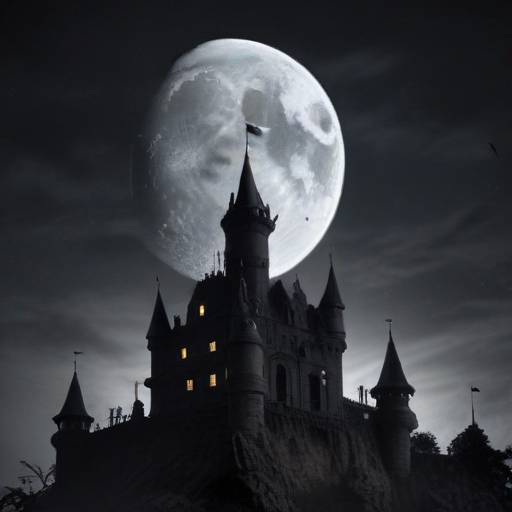In his new film “Nosferatu,” Robert Eggers offers a visually stunning homage to F.W. Murnau’s 1922 silent classic, yet the experience proves to be less satisfying than anticipated. While he remains faithful to the original’s stylistic elements, Eggers’ interpretation is described as lifeless, failing to capture the same emotional depth and thrill that characterized the earlier film.
Eggers is noted for his meticulous detail and artistic vision, treating each frame with care, reminiscent of great Flemish paintings. However, despite his craftsmanship, the film suffers from slow pacing, pretentious dialogue, and performances that lack dynamism—particularly from Lily-Rose Depp, who portrays the vulnerable Ellen.
Interestingly, Eggers’ version diverges significantly from the original portrayal of Count Orlok, with Bill Skarsgård as the vampire appearing less fearsome than Max Schreck’s iconic figure. This new incarnation of Orlok, burdened with excessive makeup and prosthetics, loses the menacing essence that made the character infamous. While some suspenseful moments arise in the film, they often feel gimmicky rather than genuinely terrifying.
The narrative centers on Thomas Hutter, played by Nicholas Hoult, who is sent to Transylvania to secure Orlok’s signature on a property deed. However, the relationships within the story lack depth. The connection between Hutter and his wife Ellen is poorly developed, leaving their struggles and interactions feeling superficial and unconvincing.
Though Eggers displays immense talent in visual storytelling, his focus on aesthetics sometimes overshadows the narrative’s emotional core, making “Nosferatu” more of an artistic exercise than a compelling retelling of a horror classic. The film skillfully engages with themes of looming dread and sexual predation inherent to vampire lore, but its potential impact is diluted by an overemphasis on visual style at the expense of storytelling.
In a positive light, Eggers’ film can still be appreciated for its rich cinematography and the fresh yet flawed take on a beloved classic. The discussion around “Nosferatu” could inspire audiences to revisit the original and explore how horror has evolved over the decades. As Eggers continues to push the boundaries of filmmaking, there is hope that his future projects will find a more balanced blend of artistry and emotional resonance.
